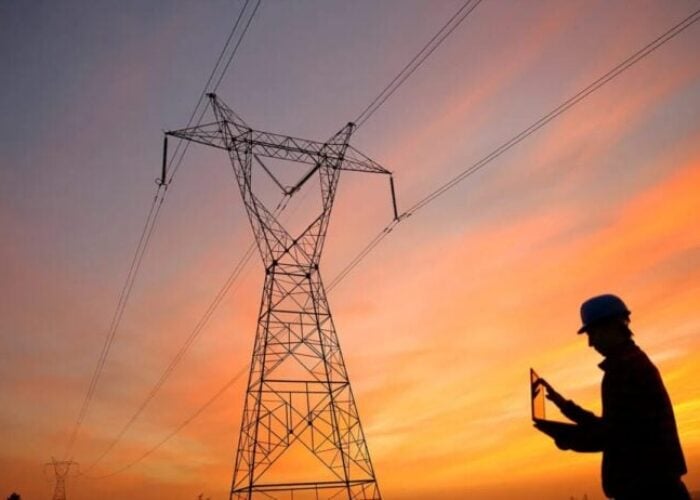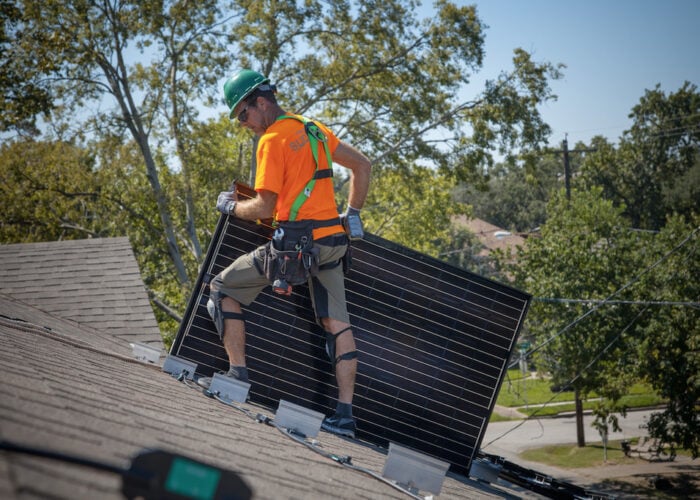The Dubai Energy and Water Authority (DEWA) is to bring net metering to the Emirate through the launch of Shams Dubai, a new initiative aimed at encouraging and regulating the development of commercial and residential solar projects.
The programme, launched yesterday, will encourage building owners to fit solar PV panels through the Shams Dubai framework, enabling them to submit planning applications to DEWA directly through a free online portal.
Unlock unlimited access for 12 whole months of distinctive global analysis
Photovoltaics International is now included.
- Regular insight and analysis of the industry’s biggest developments
- In-depth interviews with the industry’s leading figures
- Unlimited digital access to the PV Tech Power journal catalogue
- Unlimited digital access to the Photovoltaics International journal catalogue
- Access to more than 1,000 technical papers
- Discounts on Solar Media’s portfolio of events, in-person and virtual
Applicants must then appoint consultants and contractors from a pre-approved list in order to apply for a no-objection certificate, after which DEWA will approve plans and inspect installations to ensure they are compliant.
Rather than paying for a connection to Dubai’s grid, applicants must foot the AED1,500 (US$400) cost of a smart meter to calculate and verify usage, and DEWA estimates that the application process will take approximately four weeks from start to finish.
Electricity generated by the projects will be used against the building’s energy demands and any excess will be distributed to DEWA’s national grid in exchange for credit used against utility bills. Speaking at Sunday’s launch event executive VP for strategy and business development Waleed Ali Ahman Salman said there would be no limit on how much energy could be exported.
DEWA managing director and CEO HE Saeed Mohammed Al Tayer said there would be no limits attached to the number of projects Shams Dubai would approve, nor on the amount of electricity allowed to be exported back onto Dubai’s grid with 2.6GW of capacity currently unused.
“[Shams] will enable the city’s facilities and services to be managed using smart and connected systems that enhance living standards for all of Dubai’s residents and visitors,” Al Tayer added.
The scheme comprises part of Dubai’s Integrated Energy Strategy 2030, tasked with ensuring that 7% of the Emirate’s energy demand is met using renewable sourced by 2020 and 15% by 2030.
Al Tayer said that Shams had already received eleven applications totalling 8.5MW in capacity.







